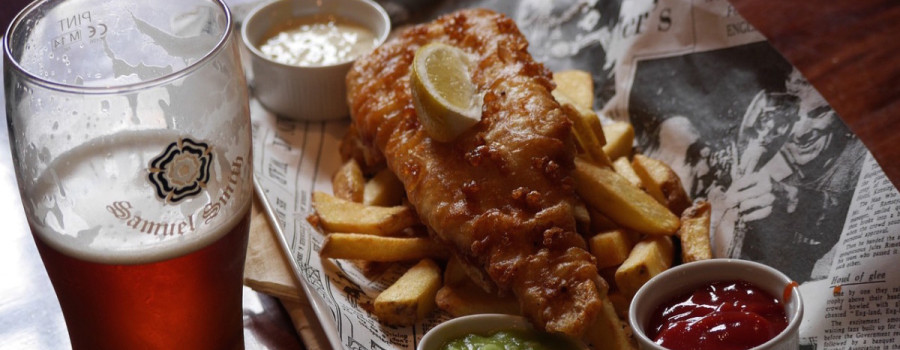It’s official, a new study may have evidence as to why there is a no better time, no greater urge to eat an absurd amount of oily food after a rager on the town. Poets and philosophers have long pondered why during the day that kebab shop looks dodgy as all hell, but at night with a few alcohol beverages under your belt, that cheesy pitta is the saving grace of your night. Well folks, it’s not as complicated as you’d think.
Getting the munchies after a bender is as much to do with our brains as it is with our stomachs, according to the new study.
Scientists at London’s Francis Crick Institute found that alcohol activates a certain protein in our brains that makes us peckish. The researchers injected booze into the abdomens of mice (it’s true, we’re not making this up) once a day over the span of three days to simulate what some of us get up to over the weekend.

The dose given was roughly the equivalent of two bottles of wine or ten beers. From day two of the experiment, mice were already consuming over the average of a normal diet, and on day three mice of both sexes had an increased appetite of up to 25 per cent, compared to those in the sober control group.
In addition to measuring the volume of food being consumed, they discovered that specific brain neurons, which stimulate the urge to eat, can be activated by alcohol as well as hunger. These neurons are called agouti-related protein or AgRP, and when they activated by alcohol the mice were more inclined to stuff their faces and when deactivated – you guessed it they stopped.
Now it’s a huge leap to say the same activity would occur in humans when they’re under the influence, but we do have the same AgRP powered hunger controls in our brains, so it’s definitely a possibility.
The study itself has been a massive step in the right direction, as alcohol is increasingly being linked to obesity, not surprising considering the amount of calories in a standard drink. So if you ever find yourself craving a cheeseburger at 1am after a night out on the town, it’s more than likely your body being tricked by all the booze in your system.
The complete findings can be found in Nature Communications.




